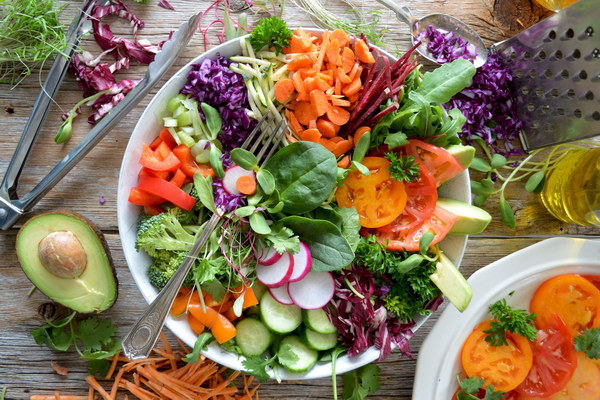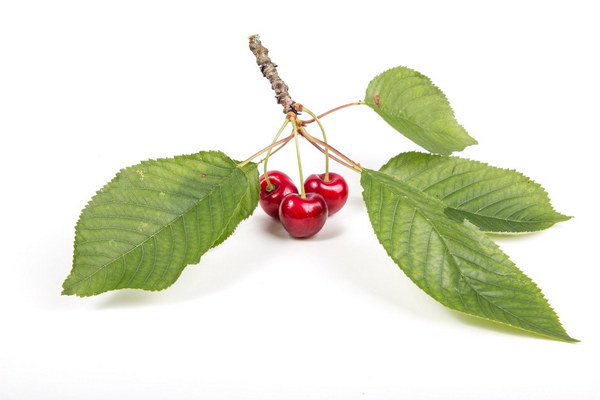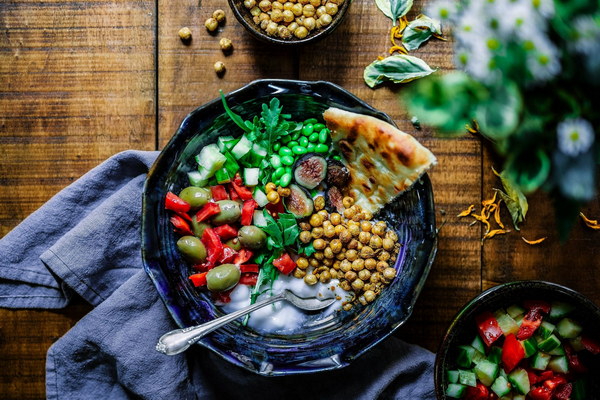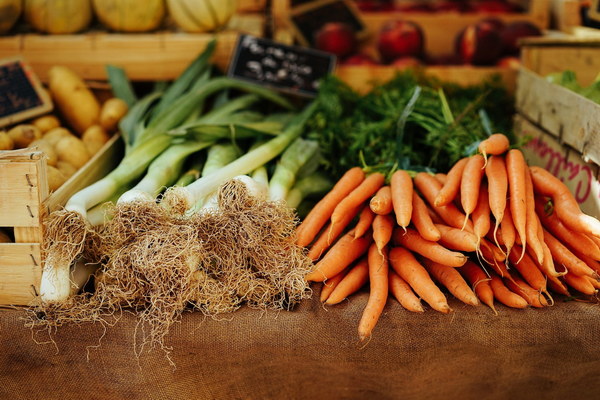Nourishing the Spleen A Comprehensive Guide to Adult Spleen Deficiency and Food Remedies
Introduction:
Spleen deficiency, a common condition in traditional Chinese medicine (TCM), often manifests in adults through symptoms such as fatigue, weakness, and digestive issues. To address this imbalance, TCM suggests adopting a diet rich in spleen-nourishing foods. In this article, we will explore the concept of spleen deficiency in adults and provide a comprehensive guide to incorporating spleen-nourishing foods into your diet.
Understanding Spleen Deficiency:
In TCM, the spleen plays a vital role in transforming and transporting nutrients, maintaining blood and energy levels, and regulating water balance. When the spleen is deficient, it cannot perform these functions efficiently, leading to various symptoms. Common symptoms of spleen deficiency in adults include:
1. Chronic fatigue
2. Weakness, especially in the legs and arms
3. Poor appetite
4. Digestive problems, such as bloating, gas, and diarrhea
5. Edema (swelling) in the legs, feet, or abdomen
6. Paleness or weakness of the tongue and nails
Spleen-Nourishing Foods:
To address spleen deficiency, it is essential to incorporate a variety of spleen-nourishing foods into your diet. These foods help strengthen the spleen, improve digestion, and alleviate symptoms associated with spleen deficiency. Here are some key foods to consider:
1. Rice: As a staple food in many cultures, rice is easy to digest and helps nourish the spleen. Opt for brown rice for added nutrients and fiber.
2. Millet: Millet is another spleen-nourishing grain that is rich in vitamins, minerals, and antioxidants.

3. Sweet Potatoes: Sweet potatoes are a nutritious root vegetable that is easy on the stomach and helps support the spleen.
4. Squash: Squash varieties, such as acorn, butternut, and pumpkin, are great for spleen health due to their gentle, soothing properties.
5. Carrots: Carrots are high in beta-carotene and fiber, making them an excellent choice for spleen deficiency.
6. Peas: Green peas, snap peas, and other legumes are high in protein, vitamins, and minerals that support the spleen.
7. Chicken: Chicken is a source of lean protein and is considered spleen-nourishing in TCM. Choose organic and free-range chicken for better quality.
8. Beef: Beef is rich in iron, zinc, and other essential nutrients that help support the spleen and enhance energy levels.
9. Fish: Fish, especially those with high omega-3 fatty acid content, such as salmon and sardines, are beneficial for spleen health.
10. Nuts and Seeds: Almonds, walnuts, chia seeds, and flaxseeds are good sources of protein, healthy fats, and vitamins that support the spleen.
Incorporating Spleen-Nourishing Foods into Your Diet:
To effectively incorporate spleen-nourishing foods into your diet, consider the following tips:
1. Eat a balanced diet: Ensure that your meals are well-rounded, including a variety of nutrient-dense foods.
2. Choose whole grains: Replace refined grains with whole grains, such as brown rice, millet, and quinoa, to provide sustained energy and support spleen health.
3. Include plenty of vegetables: Aim for a variety of vegetables, focusing on those that are spleen-nourishing, such as sweet potatoes, carrots, and squash.
4. Lean protein sources: Incorporate lean protein sources like chicken, beef, fish, and nuts into your diet to support the spleen and enhance energy levels.
5. Avoid spleen-damaging foods: Limit the intake of cold, raw, and difficult-to-digest foods, as these can exacerbate spleen deficiency symptoms.
6. Regular meals: Eat regular, balanced meals to maintain stable blood sugar levels and support the spleen's function.
Conclusion:
Spleen deficiency in adults can significantly impact overall health and well-being. By understanding the condition and incorporating spleen-nourishing foods into your diet, you can help alleviate symptoms and support your spleen's health. Consult with a TCM practitioner or a nutritionist for personalized dietary advice and treatment plans to address your specific needs.









